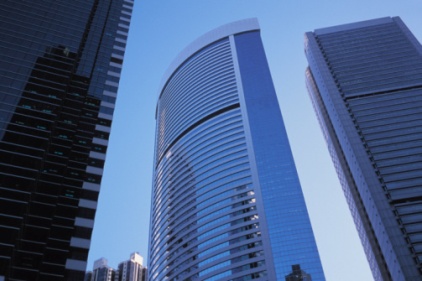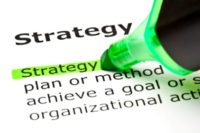Why bad things happen to good companies

 On Wednesday morning at ASSE’s Safety 2013 in Las Vegas a vexing, long-standing irritant to safety professionals is addressed by Canadian consultant Corrie Pitzer -- why safe organizations fail.
On Wednesday morning at ASSE’s Safety 2013 in Las Vegas a vexing, long-standing irritant to safety professionals is addressed by Canadian consultant Corrie Pitzer -- why safe organizations fail.
Pitzer calls it “drifting into disaster.” It can happen to organizations that have fallen into the trap of creeping collapse – the gradual and inconspicuous loss of focus that allows organizations to unknowingly wander into what Pitzer calls the “catastrophic zone.”
For one thing, these corporate drifters have lost sight of what Pitzer considers six cultural imperatives:
1. Winning the hearts and minds of people
2. Elimination of boundaries between safety and operations
3. Competency of the organization and people, to deal with risks
4. Analysis of culture, performance, risks and processes forms the basis of all change programs and interventions
5. Resilience of safety systems to ensure a proactive focus on risk
6. Exploration of new ideas with a focus on innovation and continuous improvement
Righting the ship will depend on human capability skills and risk competence, which include, according to Pitzer:
- Observation skills, that surpasses anything any machine or proximity alert system can detect
- Judgment skills, that can assess risks with ‘thumb suck rules’ (heuristics) in a highly dynamic situation, using algorithms in the brain about probabilities that no supercomputer can emulate
- “Gut feelings” using emotions and intuition to gain insight into a risky situation that goes beyond reason and rationality
- Sixth senses, that can detect possible threats long before they materialize
- Heroism, to take actions against all odds, that would be totally avoided if you judged it rationally, and with which humans can make extraordinary recoveries of hopeless situations
- Innovation and creativity is the ability of the human brain to construct solutions that also surpass all rational capability of any other resource.
- Resilience, which is a culmination of the above capabilities, but more than this – adapting quickly and acting proactively, with flexibility, to the risks in the environment, and overcoming insurmountable odds to be successful
Looking for a reprint of this article?
From high-res PDFs to custom plaques, order your copy today!









